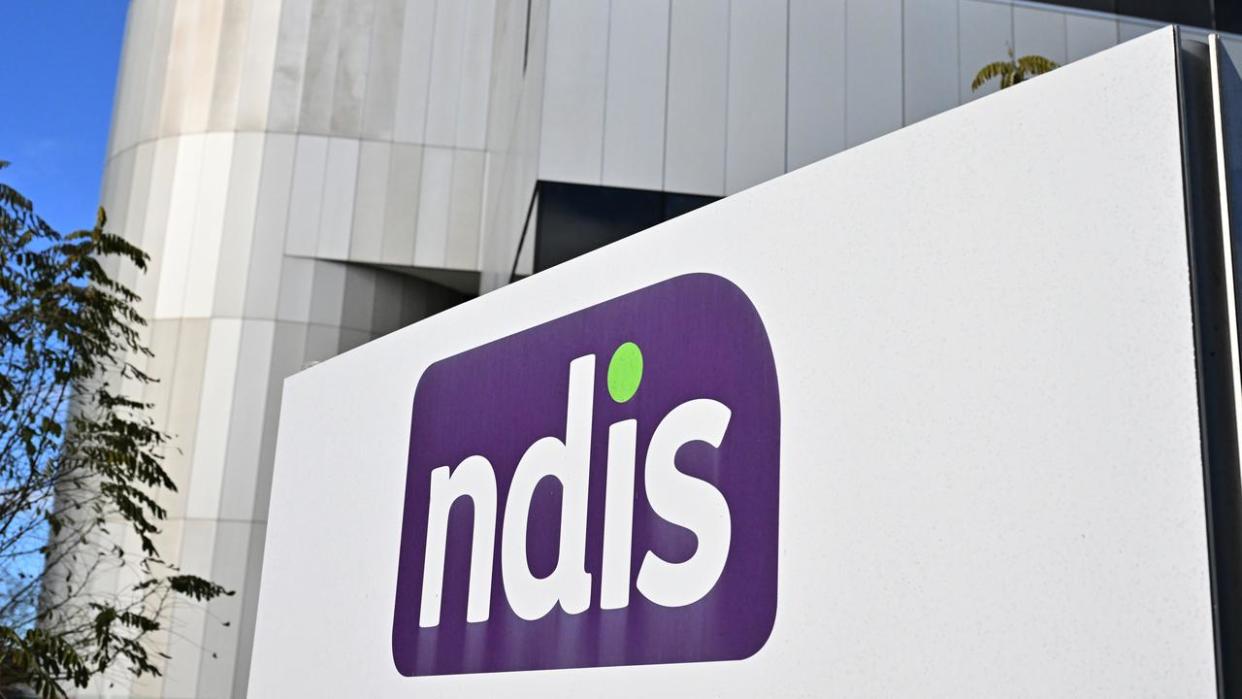Disability groups decry exclusion of sex work from NDIS

People with disability deserve access to a range of safe sexual support services and proposals to exclude sex work from the NDIS must be condemned, disability organisations urge.
National Disability Insurance Scheme Minister Bill Shorten has vowed to scrap access to sex work through the program, claiming it "doesn't pass the pub test".
But 10 organisations representing Australians with disability have decried his comments.
In a joint statement, People with Disability Australia, Touching Base and other groups have claimed the exclusion of sexuality and sex work services from the NDIS would undermine the right to choice, control and access to supports that enable full participation in all aspects of life.
"Sexual supports are critical to the wellbeing of people with disability," they said.
"People with disability are often denied full autonomy over their own bodies and are subjected to beliefs that they are either asexual or hypersexual.
"Our right to make informed choices about our bodies, sexual and reproductive health, and intimate relationships must be upheld."
The Federal Court ruled the National Disability Insurance Agency should approve specialised sexual services in a 2020 decision and such resources have been available to NDIS participants since.
These services can help those with disability foster positive relationships with their bodies, build confidence in sex, intimacy, and touch within safe and supportive environments, and provide outlets for self-expression and pleasure, the statement said.
They also include a range of supports including consent education, therapies to support healing from sexual abuse and trauma, gender-affirming care, reproductive resources and more.
But Mr Shorten's comments reflect a concerning definition of NDIS supports that "fails to encompass the critical needs of many people with disability".
The organisations have urged Mr Shorten to retract his comments and commit to designing a comprehensive sexuality policy in consultation with members of the disability community.


